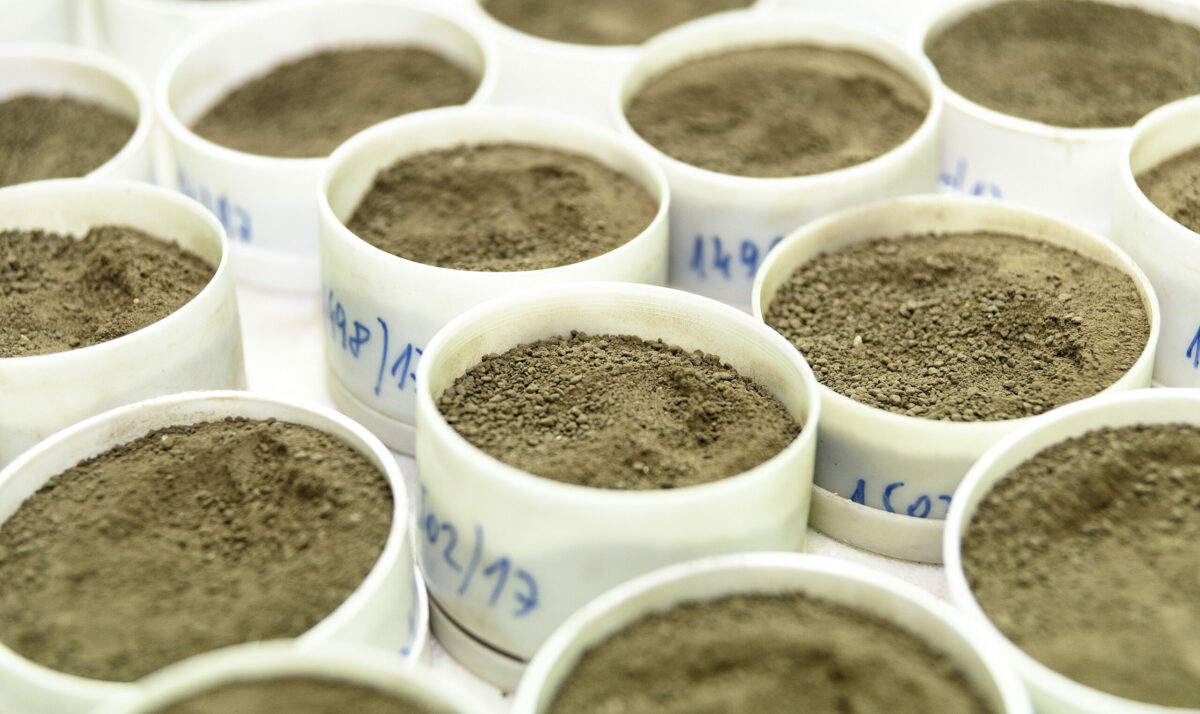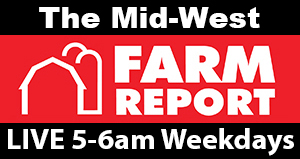
Rock River Laboratory stays busy testing both agronomic and animal nutrition samples through the winter. But since the ground is frozen here in Wisconsin, the soil samples actually come from other parts of the world. Rock River Lab gets soil from South America, which is in the height of their growing season.
Why does South America need Wisconsin to sample its soil? Lab Director Dustin Sawyer says it’s because Wisconsin is good at it.
“The soil labs down there are not as far along in technology or methodology as we are in Wisconsin,” he says. “So actually shipping soils from, let’s say, Chile or Argentina to Wisconsin to have them analyzed actually is faster and less expensive than it would be for them to send it to a soil lab that’s just down the street.”
The soils of South America are different from the soils of Wisconsin, he adds. They have very low PH — typically below 5. All samples that come through have very old, highly weathered soils that have unique properties.
Sawyer and Scott Fleming, the director of field operations, join Mid-West Farm Report with insight on trends they’re seeing in animal nutrition and soil sampling.
The majority of what Rock River Labs analyzes this time of year is forage testing for dairy. And farms are moving toward a “subscription model” of sampling, meaning customers pay a monthly fee for a certain number of analyses per month, and sending in a sample from a batch every week.
“We actually plot out for them how that commodity is changing from sampling event to sampling event,” Sawyer says. “And we’ve been able to find some really interesting trends in the variability over seasons and even from load to load on commodities that people are feeding out.”
He says there’s increase focus on how feed influences milk production or the farm’s bottom line.
“Feed is so closely tied to animal performance and milk production, including butterfat content and just overall animal health,” Sawyer says. “And the bottom line for the farmer is ever shrinking or tightening up. And so in the end, this more extensive paradigm of testing really frequently winds up saving money for the farm and improving improving milk production overall.”

Leave a Reply